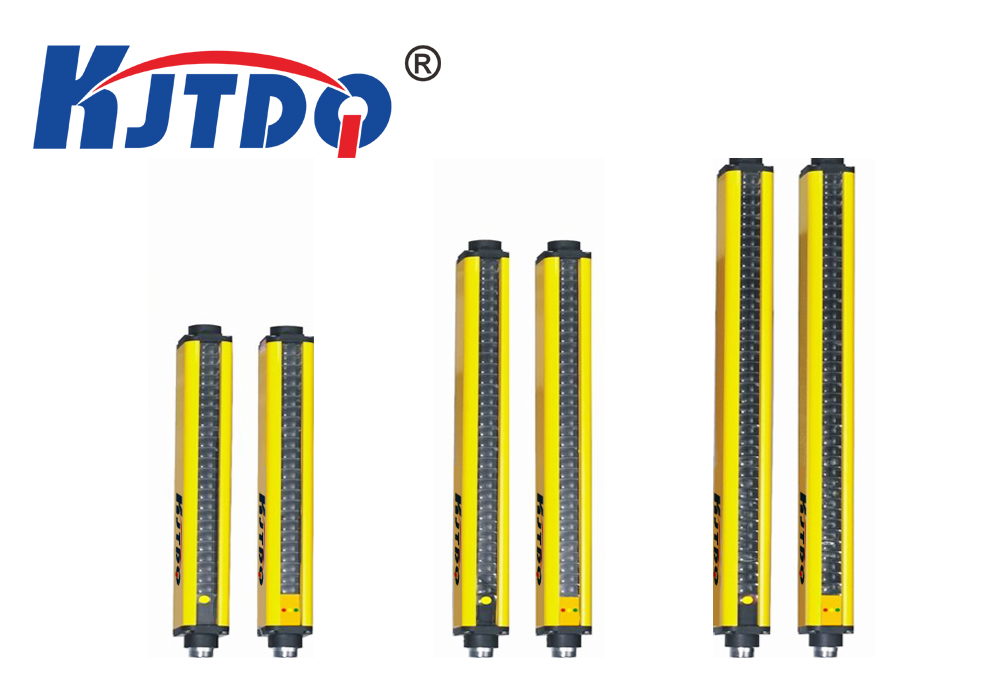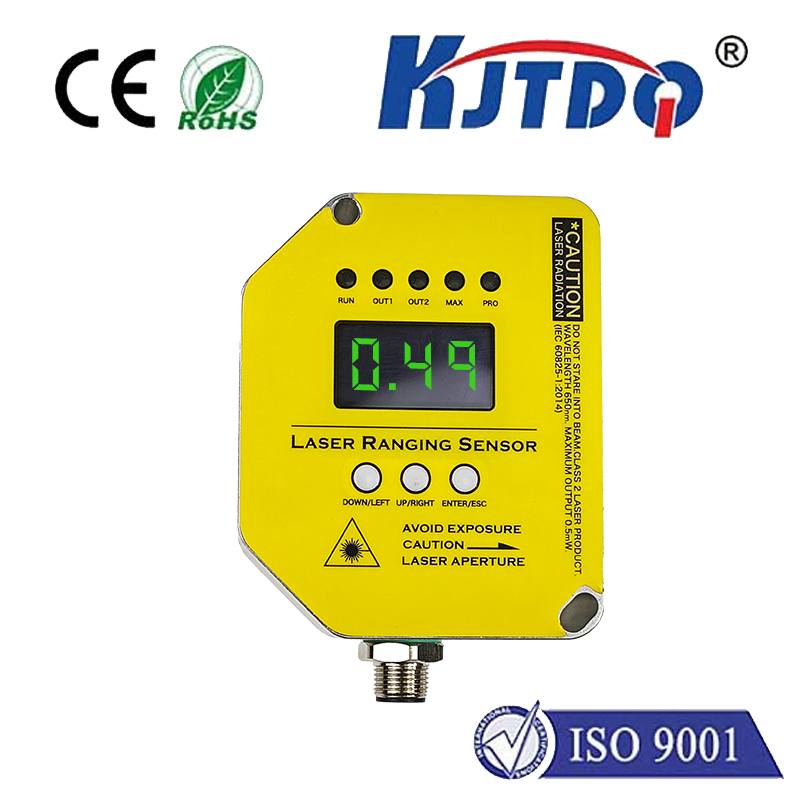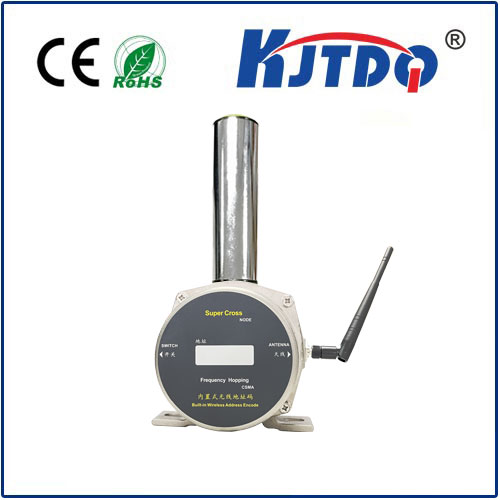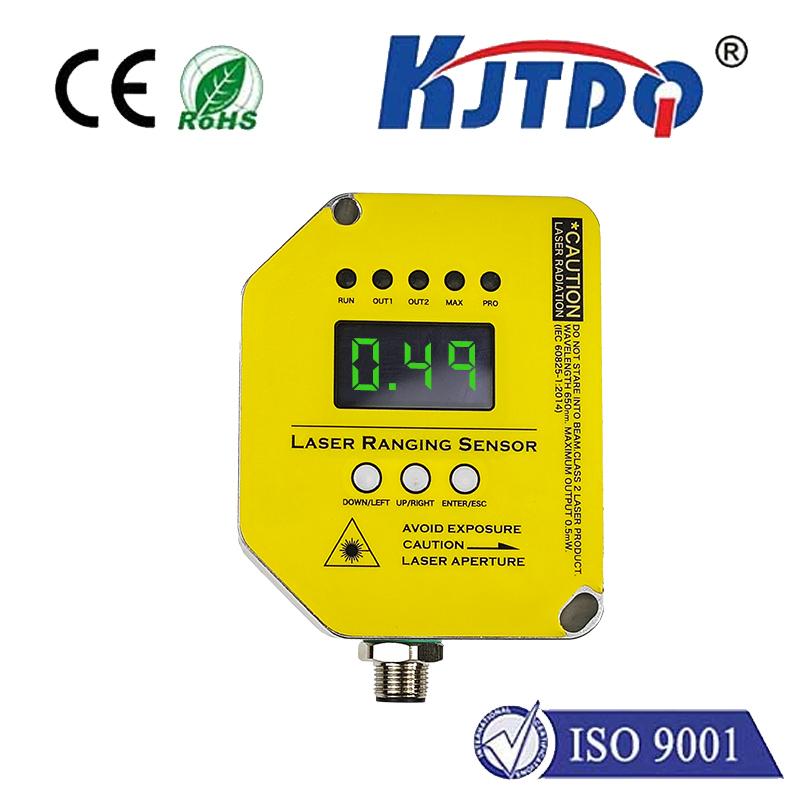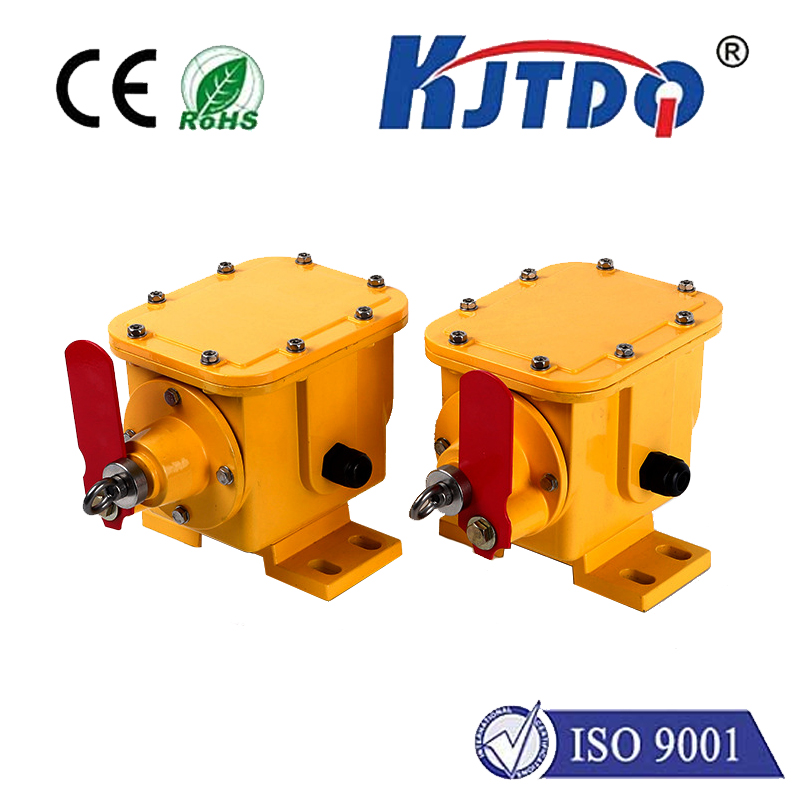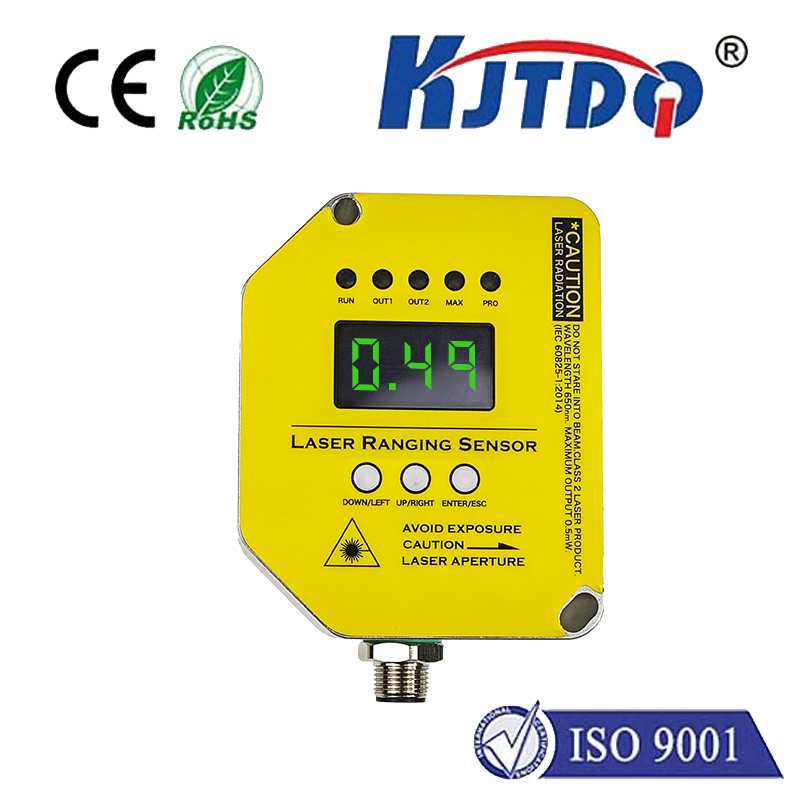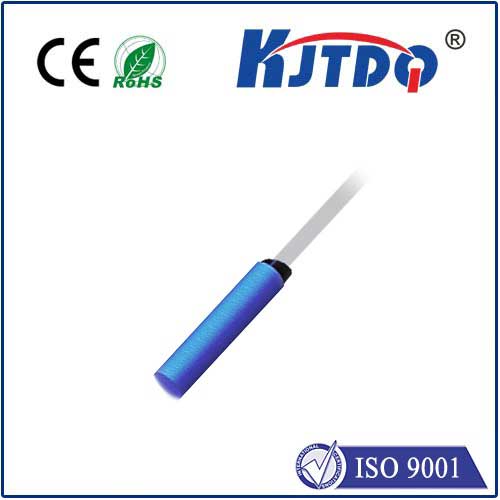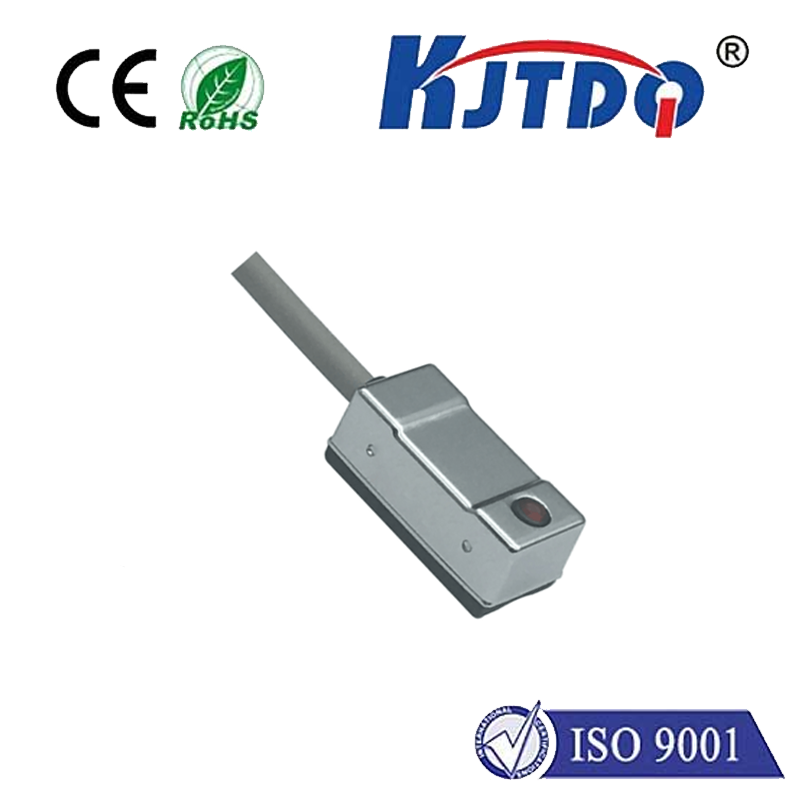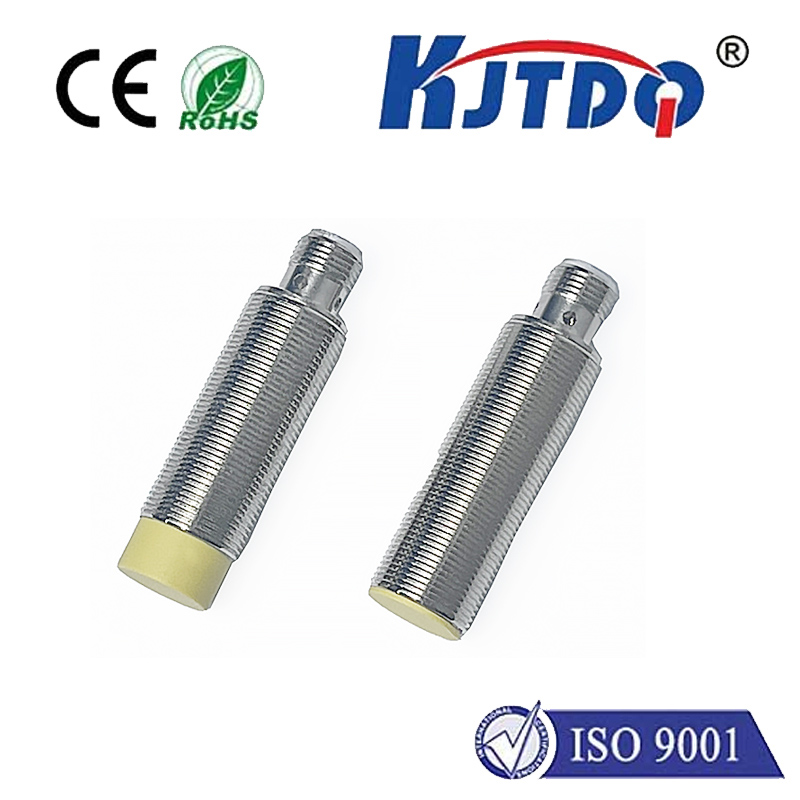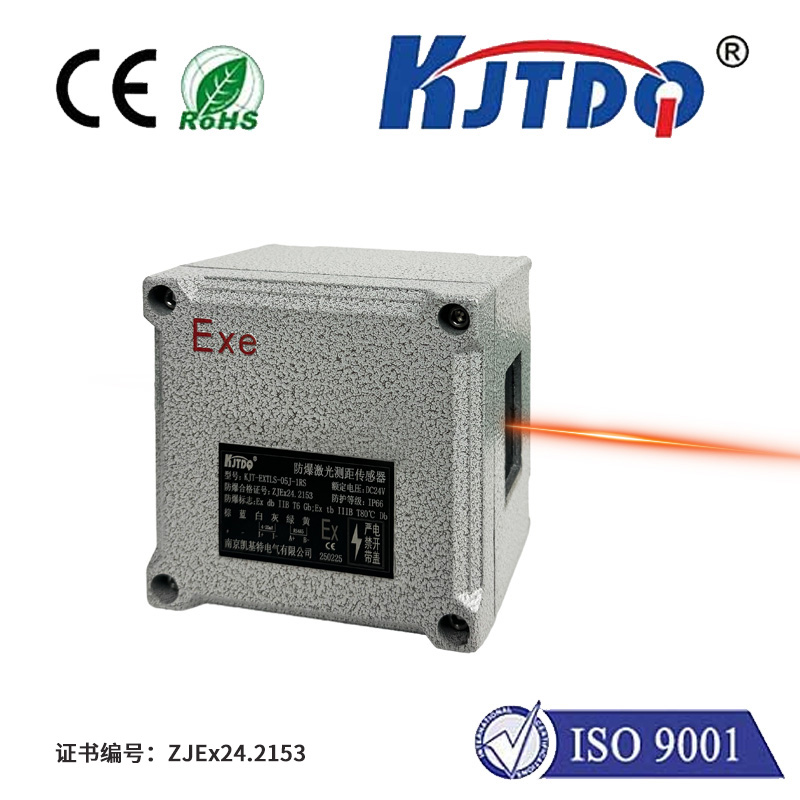лазерный отражатель
- time:2024-10-19 03:02:35
- Нажмите:0

The Power of Laser Reflective Sensors in Modern Technology”
In the world of modern technology, there are countless devices and tools that have revolutionized the way we live our lives. One such innovation is the laser reflective sensor. This ingenious device has found its place in various industries, thanks to its ability to detect objects with unparalleled precision and reliability. In this article, we will explore the significance of laser reflective sensors in today’s technological landscape.
A Closer Look at Laser Reflective Sensors
Laser reflective sensors are advanced optical sensors that use a laser beam to detect the presence or absence of an object. They work by emitting a laser beam towards an object and analyzing the reflected light to determine the object’s distance, speed, or other characteristics. These sensors can be either analog or digital, depending on their design and application.
The Advantages of Using Laser Reflective Sensors
There are several reasons why laser reflective sensors have become increasingly popular in various industries. Some of the key advantages include:
- High Precision: Laser reflective sensors offer extremely high accuracy in measuring distances, speeds, and other parameters. This makes them ideal for use in applications where even the slightest error can have significant consequences.
- Non-Contact Measurement: Unlike mechanical sensors, laser reflective sensors do not require physical contact with the object being measured. This eliminates the risk of wear and tear on both the sensor and the target object, making them suitable for long-term use in harsh environments.
- Versatility: Laser reflective sensors can be used in a wide range of applications, from industrial automation and robotics to automotive safety systems and medical diagnostics. Their ability to function effectively in various conditions makes them a versatile solution for many challenges.
- Easy Integration: Laser reflective sensors can be easily integrated into existing systems, thanks to their compact size and compatibility with standard interfaces like RS-232, RS-485, and USB. This allows users to upgrade their equipment without significant modifications or investments.
Applications of Laser Reflective Sensors
As mentioned earlier, laser reflective sensors have found their place in various industries due to their unique features and advantages. Some of the most common applications include:
- Industrial Automation: Laser reflective sensors are widely used in industrial automation systems for tasks such as object detection, positioning, and process control. They help improve efficiency, reduce downtime, and ensure consistent quality across production lines.
- Robotics: In the field of robotics, laser reflective sensors play a crucial role in enabling robots to navigate their environment safely and accurately. They provide real-time data on obstacles and other elements in the robot’s path, allowing it to make informed decisions and avoid collisions.
- Automotive Safety Systems: Laser reflective sensors are employed in various automotive safety systems, such as adaptive cruise control, lane departure warning, and automatic emergency braking. They help enhance vehicle safety by providing accurate information about the surrounding environment and enabling timely responses to potential hazards.
- Medical Diagnostics: In the medical field, laser reflective sensors are used in diagnostic devices such as blood pressure monitors and glucose meters. They allow for precise measurement of physiological parameters, enabling healthcare professionals to make accurate diagnoses and monitor patient progress effectively.
The Future of Laser Reflective Sensors
As technology continues to advance at an unprecedented pace, the role of laser reflective sensors is likely to grow even larger in the coming years. With ongoing research and development efforts focused on improving their accuracy, durability, and cost-effectiveness, these sensors are expected to find new applications in areas such as augmented reality, autonomous vehicles, and environmental monitoring.
In conclusion, laser reflective sensors have emerged as powerful tools in the realm of modern technology, offering numerous benefits that set them apart from traditional sensing solutions. As they continue to evolve and expand into new fields, there’s no doubt that they will play an increasingly important role in shaping our future.

